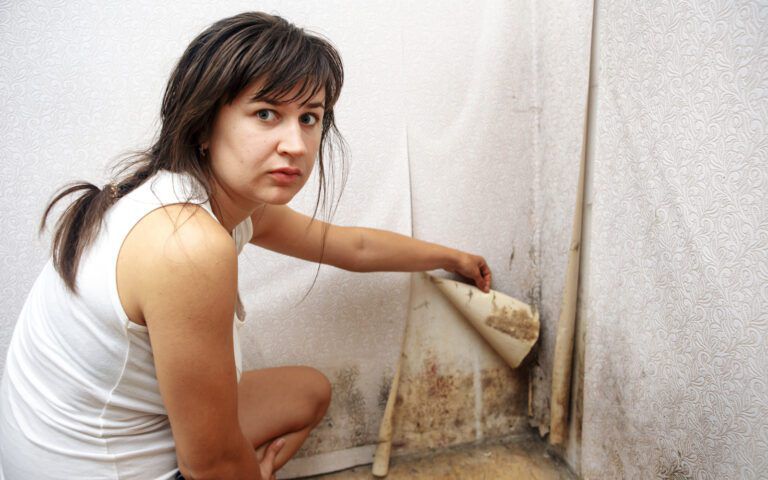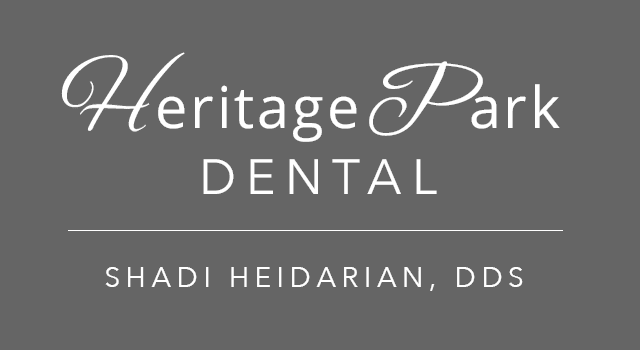Black Mold and Oral Health Concerns It Can Cause

If your gums are tender, puffy, and prone to bleeding, you may think you need better hygiene. While it’s always a good idea to improve our oral health routine, it isn’t always the problem. Other circumstances can lead to gingivitis-like conditions. Pregnancy is just one example. There’s another one that can affect anyone, and that’s the presence of black mold in your environment. In addition to potential respiratory issues, it can also lead to symptoms similar to those seen with gingivitis. If you’ve discovered you have black mold in your environment, consider alerting your dentist.
Black Mold and Oral Health Concerns
Part of learning how mold affects your oral health comes from understanding its life cycle. Like most forms of fungi, black mold reproduces through the use of spores. Unlike most forms of fungi, they aren’t typically airborne. Black mold spores don’t usually enter the air unless they’ve been disturbed. At this point, they attach to particles in the air, which can find their way into your lungs and mouth. When these particles attach to your gums, they can cause irritation similar to gingivitis.
These spores can also settle in your sinuses and lungs and cause additional problems. Congestion is one shared experience of black mold sufferers. Bleeding lung disease is a more severe condition resulting from the irritation the spores cause to the tissues. There are other ways they can affect your oral health, including:
- Dry Mouth – When congestion occurs as a symptom of black mold, we often start breathing through our mouths. This additional airflow can cause the saliva in our mouths to dry up. Saliva is one of the frontrunners in defending our teeth from decay. Without it, our teeth become more susceptible to bacteria. Halitosis is another common side effect of dry mouth.
- Amalgams – Amalgams are a form of filling that contains various metals. The alloy they’re made from contains mercury, for instance. Research has shown that molds and fungi often consume heavy metals like mercury. Black mold can flourish between the warm, dark, moist interior of our mouths and an ample food supply.
- Mycotoxins – The spores are just one concern caused by black mold. The particulates of black mold also contain mycotoxins. These toxins can cause severe reactions in some people, including nose bleeds, bleeding gums, and lungs from inhalation.
When dealing with black mold, these are the primary concerns you should consider. Homes that have a black mold infestation require immediate action to protect the health of those within. If possible, find a safe place for your family to be. Then hire professionals to clean and remove the black mold. In the meantime, schedule a visit to your dentist to address oral health concerns related to black mold.
Speak To Your Dentist About Black Mold Concerns
If you have black mold infesting your home, a talk with your dentist may help. They won’t be able to address the infestation itself. They will, however, be able to provide advice and guidance on protecting your oral health. It may become necessary to replace your dental hygiene products once the mold has been removed. Talk to your oral health provider for more details.

